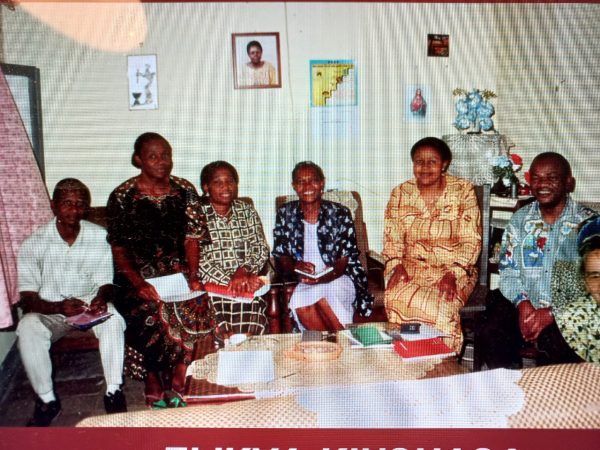In 2020, the association SOPACO (Solidarité Paysanne pour l’Agriculture et la Construction – Peasant Solidarity for Agriculture and Construction) asked the ICA and obtained a subsidy of 9,415 US Dollars to initiate a fish farming project on the outskirts of the city of Kindu in the Democratic Republic of Congo.
ICA had already financed SOPACO’s first project in 2000 in rural areas in Maniema, a very remote province 1,500 km from the capital. Another non-profit organization then took over the aid. The ICA resumed its support in 2020. SOPACO carried out projects in the following areas: manufacture of tiles to replace straw roofs, development of springs, literacy of women, repair of bridges, manufacture of benches for schools and revolving credit for women war widows.
The originality of the association consists of a fairly strong Coordination team comprising Rural Development technicians and above all teams of “specialized workers”, tilers and fountain workers, trained on the job and very experienced.
This permanent technical capacity is coupled with an original community approach. Residents interested in the development of their village have been grouped into Grassroots Organizations (OB – Organisations de Base) with an average of 30 members in a kind of small cooperative.
For this project, the population, consulted through the Grassroots Organizations (OB), expressed the desire to improve fish farming techniques.
Indeed, in traditional fish farming, fish species are mixed together and end up eating each other, while the NGO SOPACO applies “monoculture”. The fish are fed with compost and rice bran contrary to tradition. And finally, the modern application of “moines” (devices for adjusting the level of ponds) and sieves prevents the escape of fish when emptying the pond which will have been arranged beforehand with the help of the population.
The difference in production is large because modern ponds produce 5 to 10 times more than farmers’ ponds, so if farmers can produce 100 kg, modern ponds should produce 500 kg.
The action began in September 2020. The land was purchased, 3 ponds were developed by the population under the direction of a technician from the University. They were then stocked with fry. After 8 months began emptying the ponds and collecting adult fish. 1.2 tonnes, 1 tonne and 1.5 tonnes of fish were harvested from the 3 ponds, i.e. 3.7 tonnes in total.
Here are some photos.

Comments
Delete comments that slander others or contain hatred without notice.